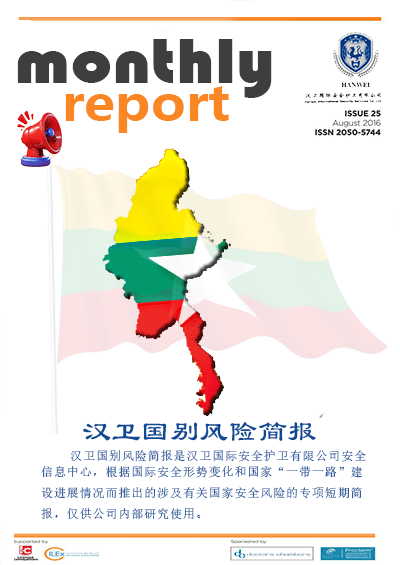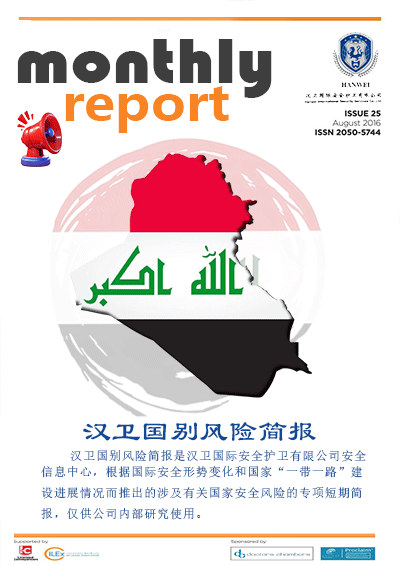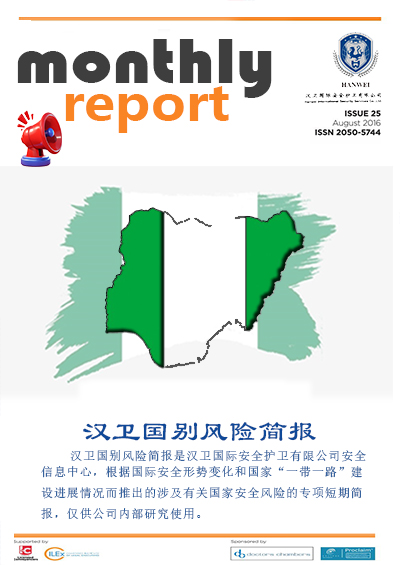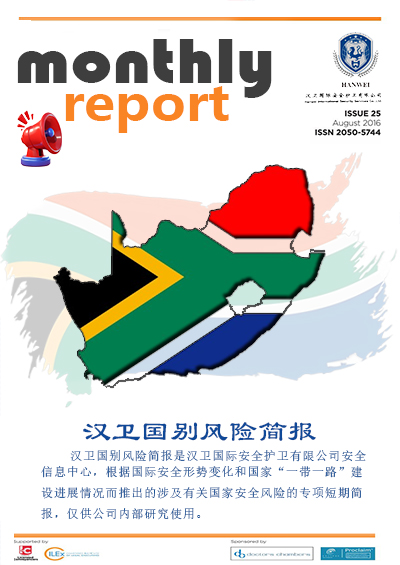Country Risk Security Brief:
Iraq03Month Security Situation Review
006Researcher
According to monitoring reports from Hanwei International's security officers in Iraq and related media coverage, Iraq's political, economic, and social security situation presented complex dynamics this month. Politically, amendments to the electoral law sparked disagreements among various factions, affecting the electoral process and public participation; economically, the U.S. termination of sanctions waivers for Iraq's electricity imports from Iran led to power shortages, while protests over employment and treatment issues frequently erupted in Basra Province's oilfields; regarding social security, escalating sectarian violence in Syria and the "spillover" of terrorism, along with Turkey's continued attacks against the Kurdistan Workers' Party (PKK) in Iraq, all significantly impacted Iraq's stability and development.
On March 7, 2025, Ali al-Shaddad, spokesperson for Iraq's Parliamentary Oil and Gas Committee, revealed that the Ukrainian company operating the Akkaz gas field had delayed project execution and received two formal warnings. If the situation doesn't improve, Iraq's Oil Ministry may issue a final warning and revoke the contract. The delays were attributed to the company's claims of obstruction by unidentified armed groups. For Chinese enterprises in Iraq, this incident signifies: on one hand, Iraq is becoming increasingly stringent in overseeing energy project operations; on the other hand, the complex local security situation may disrupt normal project operations, leading to delays or even contract termination.
1. Political Aspects
This month, Iraq's political situation remained relatively stable but still faced electoral disagreements.
Amendments to Iraq's electoral law triggered varied reactions among domestic political forces, creating uncertainty in the electoral process. Apart from Kurdish armed groups maintaining neutrality and Sunni factions temporarily withholding approval, divisions emerged within the Shiite "Coordination Framework," forming three factions. The Coordination Framework represents the majority of Shiite parties. Except for the Sadrist Movement, most Shiite parties within the Framework generally oppose early elections, preferring political stability, while Nouri al-Maliki's call for early elections is viewed by some as driven by personal political motives.
The new electoral law divides Iraq's 18 provinces into multiple constituencies, altering election rules and redistricting, which could reshape Iraq's political landscape. Thus, debates among and within parties are bound to intensify.Secondly, the revisions directly impact how citizens participate in politics and their rights. If the law genuinely reflects public will and ensures fairness, it could restore trust in elections; otherwise, it may fuel public discontent and even trigger more severe protests.
2. Economic Aspects
(1) The U.S. terminated sanctions waivers for Iraq's electricity imports from Iran, leading to severe power shortages.
This month, the U.S. decided to end exemptions granted since 2018 for Iraq's electricity payments to Iran, continuing the Trump administration's "maximum pressure" policy against Iran. This decision significantly impacts Iraq, which relies heavily on Iranian gas for power generation. Ahmed al-Abadi, spokesperson for Iraq's Electricity Ministry, stated that losing Iranian gas imports would reduce the national grid's capacity by over 8,000 megawatts.
Although Iraq claims to have a comprehensive plan to ensure summer power supply, new power sources and domestic gas development won't yield immediate results. Coupled with aging infrastructure and insufficient investment, these shortages will constrain Iraq's economic growth long-term. With 60% of Iraq's electricity dependent on Iranian gas, severe shortages will drastically affect daily life and commerce. In Baghdad's al-Tifiya district, frequent blackouts forced shops and small businesses to shorten hours or close, severely disrupting local economies. Communities resorted to shared generators, but high operational costs burdened households, with electricity bills exceeding half of daily incomes, fueling public discontent toward the U.S.
(2) Renewed protests in Basra Province's oilfields.
Southern Iraq's Basra Province recently saw frequent protests over job shortages and unequal treatment, with clashes between demonstrators and security forces escalating tensions.On February 25, residents of northern Basra's Nahr al-Ezz area gathered at Gate 9 of the West Qurna 2 oilfield. The protest, organized by the Shajaba, Bajeet, and Hilij tribes alongside neighboring communities, demanded basic services and jobs. Protesters called for education, healthcare, utilities, and employment opportunities for local youth to improve living conditions.
On March 2, protests resumed in northern Basra's oilfields after unmet government promises. Engineers from al-Sadiq district blocked access to West Qurna 1, vowing to escalate actions if demands went unaddressed.
On March 3, employees of Iraq Drilling Company protested in Rumaila North, demanding equal pay and labor rights from the Oil Ministry.
3. Social Security
(1) Escalating sectarian violence in Syria spills over into Iraq.
Recent months saw intensified sectarian violence in Syria, particularly against Alawite communities, with over 1,000 killed by March 2025. Basra's Unified Tribes Committee urged bolstering Popular Mobilization Forces (PMF) and security measures to counter instability. It also called on Iraqi authorities to screen Syrian entrants rigorously.
Shared borders make Syria's conflict a direct threat to Iraq. Terror groups exploit porous borders, endangering security. On March 13, 2025, Iraqi forces and U.S. troops killed ISIS deputy leader Abdullah al-Masli in Anbar; eight suspects were arrested in Anbar, Nineveh, and Maysan, some linked to ISIS.
Additionally, Syrian refugees strain Iraq's fragile security, employment, and housing systems, increasing crime risks.
(2) Turkey's continued attacks against PKK in Iraq.
On March 1, 2025, the PKK declared a ceasefire, announcing disarmament and dissolution per jailed leader Abdullah Öcalan's appeal.Turkey demanded compliance from PKK branches in Syria and Iraq. However, Syria's Kurdish-led SDF stated Öcalan's call applied only to Turkey's PKK. Despite the ceasefire, Turkey remains firm: if PKK affiliates fail to comply, strikes will resume. Key incidents:
March 7: U.S.-based CPT reported 14 Turkish strikes in Iraqi Kurdistan (Duhok: 9; Sulaymaniyah: 3; Erbil: 2).March 20: Turkey's Defense Ministry claimed 21 PKK members killed in northern Iraq/Syria. March 26: CPT reported Turkish forces bombed PKK caves in Duhok.
Recommendations for Chinese entities/personnel in Iraq: 1. Monitor politics, assess risks. Track electoral law disputes and instability risks. Establish political risk assessment systems and contingency plans for policy/social disruptions. 2. Enhance security. Address spillover violence, terrorism, and Turkey-PKK clashes with robust measures (surveillance, guards, training). Avoid hotspots. 3. Optimize projects for economic risks. Engage Iraqi authorities on power solutions and community relations to mitigate protest impacts.




